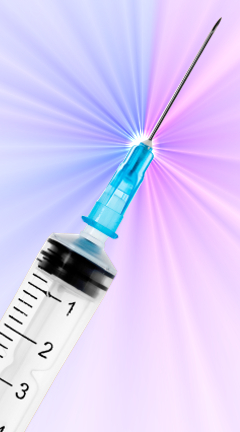Vaccine responses reviewed
 A new report claims public health campaigns to increase measles vaccination rates can benefit from additional publicity during outbreaks.
A new report claims public health campaigns to increase measles vaccination rates can benefit from additional publicity during outbreaks.
Measles is an extremely contagious disease that can cause serious health outcomes in children.
Routine vaccination has greatly reduced measles deaths in recent years, but very high vaccination coverage is needed in all countries to prevent disease outbreaks.
A new article in PLOS Medicine describes a modelling study to assess the potential benefits of extra vaccination campaigns in the wake of measles outbreaks.
Researchers carried out simulations based on four scenarios capturing different levels of measles incidence.
The team estimated that supplemental vaccination campaigns triggered by disease outbreaks could prevent over 28,613 cases in 15 years for high-incidence settings, and 599 cases in the lowest-incidence setting examined.
The supplementary information schemes were then compared with serological surveys of population immunity.
Vaccination campaigns prompted by serological surveys, in contrast, could prevent about 89,000 and 744 cases in the highest- and lowest-incidence settings respectively, but would need to occur annually in high-incidence settings.
Researchers Julie Garon and Walter Orenstein said the study showed the importance of developing routine immunisation systems, not only to prevent infectious diseases but to strengthen health systems as a whole.








 Print
Print